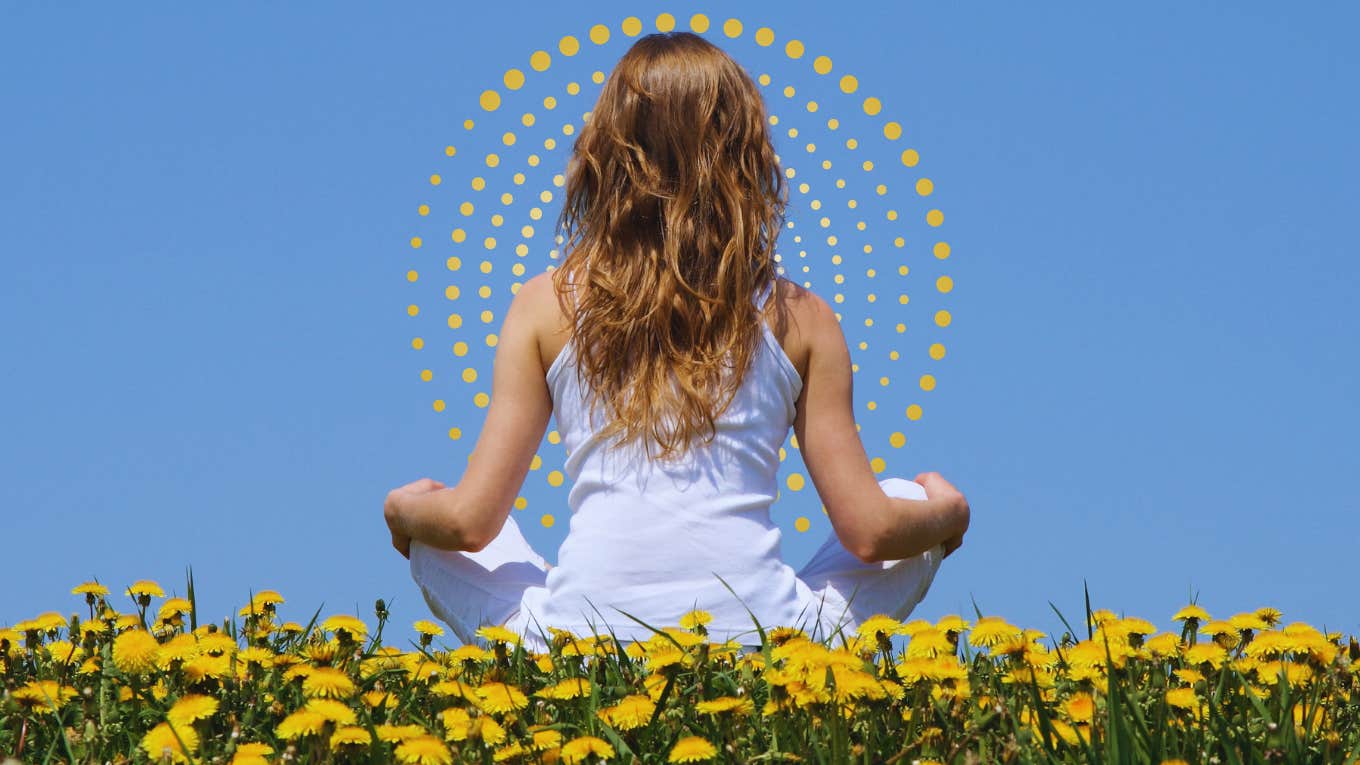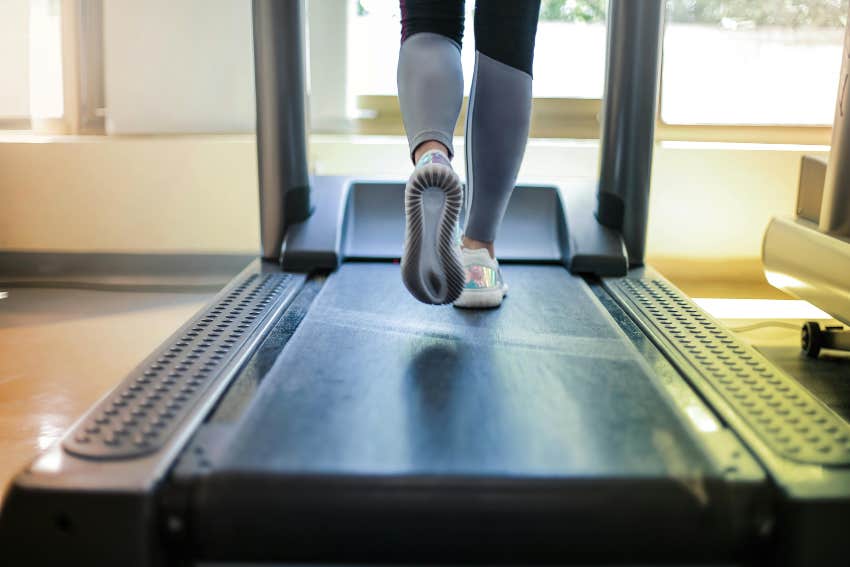12 Coping Skills The Smartest People Use To Sustain Them For Life
How to survive the wild ride that is life.
 Studio Light | Canva
Studio Light | Canva There's considerable research to suggest that after a trauma, you can come back stronger and more resilient than before. Tragedy can prompt the development of new coping skills. Difficult times call for new habits to keep yourself, your family, and your mental health safe.
Here are 12 coping skills the smartest people use to sustain them for life:
1. You exercise and go outside more
Once you've established the habit, recognize that, as life changes, you may have to tweak the schedule or location. Remember, the habit change made you feel better. It will still make you feel better, as long as you keep doing it.
 Pexels / Andrea Piacquadio
Pexels / Andrea Piacquadio
2. You get into home cooking
Try new styles of cooking (like finally using that air fryer Aunt Sally gave you) and new recipes. Make it a family activity.
Voila! More new habits are in the making. For many, continuing to cook at home, at least some of the time, is healthier, cheaper, and maybe more fun.
3. You learn to connect in different ways
Life can, indeed, be short, so reach out more. You can tell when people are thrilled with your call and happy to have you. Relatives, friends, and colleagues will appreciate you reaching out. Expressing gratitude can also make you feel better.
4. You become less concerned about appearances
Maybe you would not normally meet up without makeup and a carefully vetted outfit. But, now you're going out in your jammies, maybe having washed up a bit first ... or not.
Continuing to be less worried about how you look and more focused on how you act is a positive intention.
5. You work effectively in different environments
Because of the pandemic, many people couldn't go back to work, and you may be one of the many who work well from home.
There's evidence that people are happier working from home. According to a study from the ADP Research Institute, 89% of remote workers were more optimistic than their co-workers in the office and had more job satisfaction.
Not everyone succeeds in the classroom. You know what works best for your kids. If they're happier, you're happier.
7. You care about your neighbors
If you have it in you to give, why not try to help others? Giving to others improves your well-being.
You check up on and talk to neighbors a lot more. Even if they don’t need anything, it’s nice to know someone’s concerned about your welfare. A friendly chat is enough to brighten someone's day.
8. You care about other people's health, not just your own
More handwashing and less touching are all good. There are many places in the world where people don’t shake, hug, or kiss in greeting. Why not us, too? Why not maintain this communal effort toward health?
9. You wear masks or cover your mouth when you're sick
People in many Asian countries have been wearing masks for years when they’re sick. It’s deemed the considerate thing to do.
You might have gone to the store or to work while feeling ill, exposing others to your germs. Would it be too much to ask you to wear a mask to keep everyone else healthy?
10. You take your time
One of the benefits of having a little — or a lot — more time is that you can take your time.
Perhaps, you've had a little more contemplative time — time to think freely. Maybe the urge to pick up an old or new hobby has struck.
11. You don't care how you look
You have the kind of face that has people saying to you, "Why so sad?" or "Cheer up!" It used to bother you, but you are now comfortable with your RBF. Your RBF is here to stay.
12. You cope better
With awareness of the economic, health, and social issues facing the country, you may find you're not getting as caught up in things you used to worry about.
Things like what everyone thinks of you and whether you're good enough may have taken a back seat to what's going on in the world.
While too much news is not helpful, healthy concern for the state of the country and the world can take you outside of yourself and your idiosyncratic worries. This is a healthy change you will want to hang onto.
Experiencing post-traumatic growth often means you find strengths you never knew you had, recognize some of your interests are more important than you thought, and move forward in life with an outlook that's a little different.
Maybe you feel more gratitude, you're more in touch with your spirituality or you feel greater concern for the welfare of others.
Judith Tutin, Ph.D., ACC, is a licensed psychologist and certified life coach. She shares more work in her book, The Post-Divorce Survival Guide.

